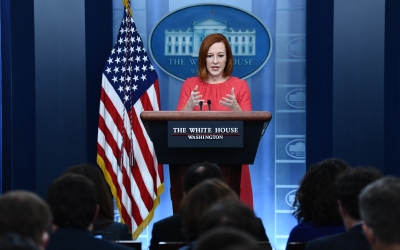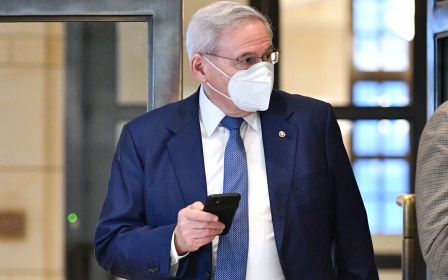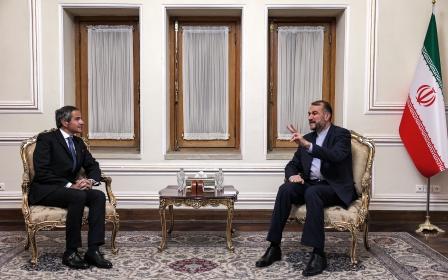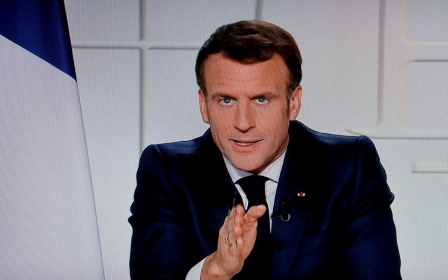Nuclear deal: Iran's top diplomat says ready for immediate prisoner swap with US
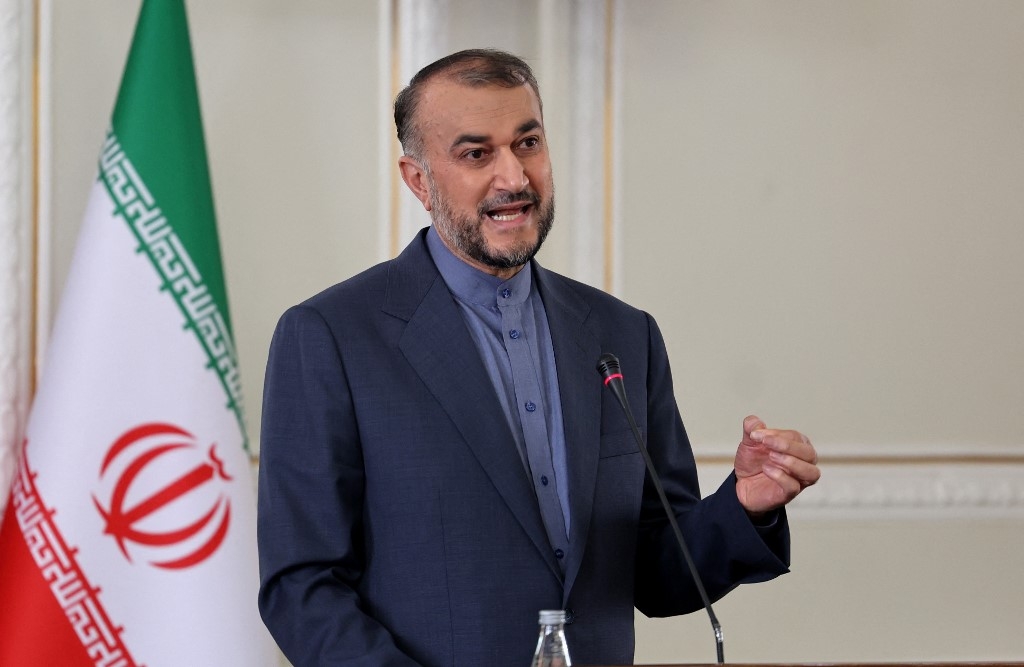
Iran is ready to swap prisoners with the United States, Iran's foreign minister said on Saturday, adding that talks to revive a 2015 nuclear deal could succeed "at the earliest possible time" if the US makes the necessary political decisions.
A US-Iranian deal is taking shape in Vienna after months of indirect talks to revive the nuclear pact.
The draft text of the agreement alluded to other measures, including unfreezing billions of Iranian funds in South Korean banks and the release of Western prisoners held in Iran, Reuters reported on Thursday.
"We believe prisoner swap is a humanitarian issue... unrelated to the nuclear accord... We can do it immediately," Minister Hossein Amir-Abdollahian told a panel at the Munich Security Conference.
'If Washington's intentions are genuine, they should take some tangible steps of goodwill on the ground'
-Hossein Amir-Abdollahian, Foreign Minister of Iran
Robert Malley, who leads the indirect US talks with Iran in Vienna, has suggested that securing the nuclear pact is unlikely unless Tehran releases four Americans Washington says it is holding hostage.
New MEE newsletter: Jerusalem Dispatch
Sign up to get the latest insights and analysis on Israel-Palestine, alongside Turkey Unpacked and other MEE newsletters
Iran has arrested dozens of dual nationals, including several Americans, in recent years, mostly on espionage charges.
Rights groups, however, have accused Iran of taking prisoners to gain diplomatic leverage - allegations it denies.
In the past, Iran has called for the release of over a dozen Iranians in the United States, including seven Iranian-American dual nationals, two Iranians with permanent US residency, and four Iranian citizens with no legal status in the US.
Most of them have been jailed for violating US sanctions against Iran.
When asked whether Tehran was ready to hold direct talks with Washington, Amir-Abdollahian did not rule this out.
"They have asked for direct meetings ... If Washington's intentions are genuine, they should take some tangible steps of goodwill on the ground such as freeing Iran's frozen assets abroad," he said.
'We want a good deal'
The 2015 deal between Iran and major powers limited Iran’s enrichment of uranium to make it harder for Tehran to develop material for nuclear weapons, in return for the lifting of international sanctions against Tehran.
But it has eroded since 2018 when then-President Donald Trump withdrew the United States and reimposed far-reaching sanctions on Iran.
Tehran has since breached the deal's limits and gone well beyond, rebuilding stockpiles of enriched uranium, refining it to higher fissile purity, and installing advanced centrifuges to speed up output.
Earlier this month, the White House said that it would be impossible to return to the accord if a deal were not struck soon.
Progress was made last week after negotiations resumed following a 10-day pause. Now, both Tehran and Washington are describing the nuclear talks as constructive. Still, both have also said that tough political decisions needed to be taken to overcome the remaining differences.
"I would like to emphasise here that we are ready to achieve a good deal, at the earliest possible time, if the other side makes the needed political decision," Amir-Abdollahian said on Saturday.
"If the talks fail in Vienna, Western powers will be responsible for the failure because we want a good deal."
After 10 months of talks, one of the remaining differences is Iran’s demand for a US guarantee of no more sanctions or other punitive steps in the future, and also how and when to restore verifiable restrictions on Iran’s nuclear activity.
A senior Iranian official told Reuters that Iran has shown flexibility by agreeing to "inherent guarantees" as Washington says it is impossible for President Joe Biden to provide the legal assurances Iran has demanded.
Amir-Abdollahian said a joint statement by the heads of the US Senate and House of Representatives to back the nuclear deal would suffice as a "political guarantee".
Middle East Eye delivers independent and unrivalled coverage and analysis of the Middle East, North Africa and beyond. To learn more about republishing this content and the associated fees, please fill out this form. More about MEE can be found here.


